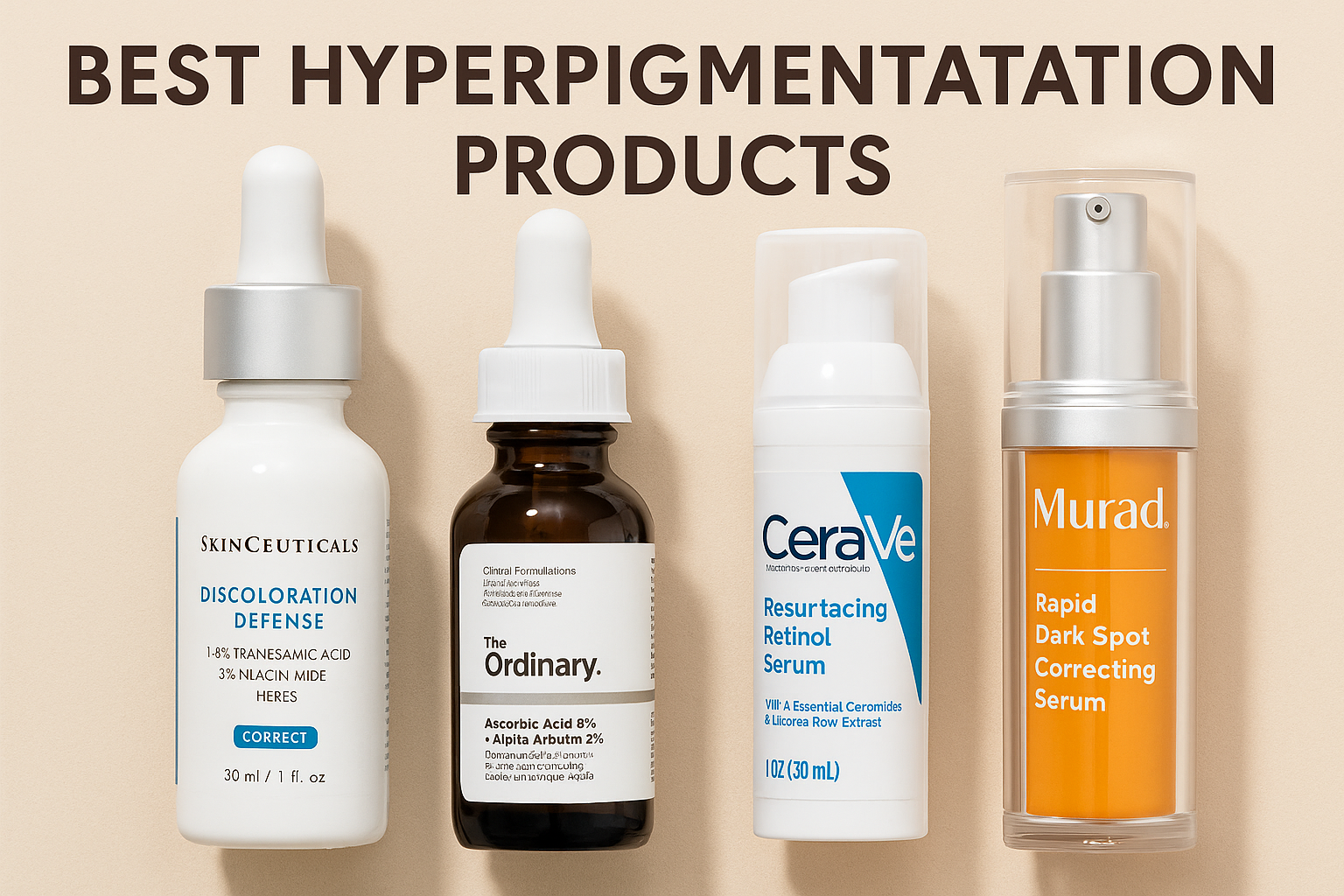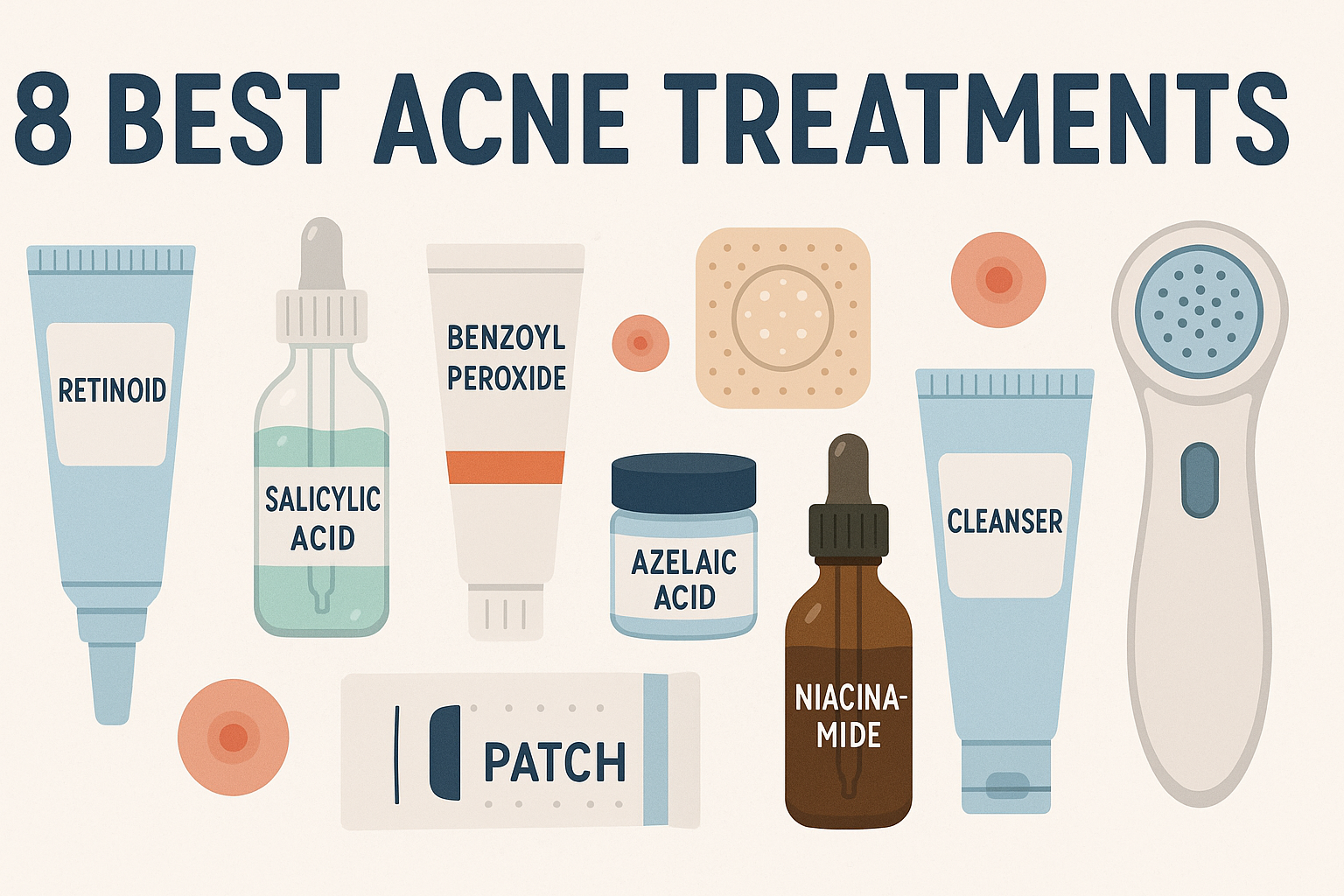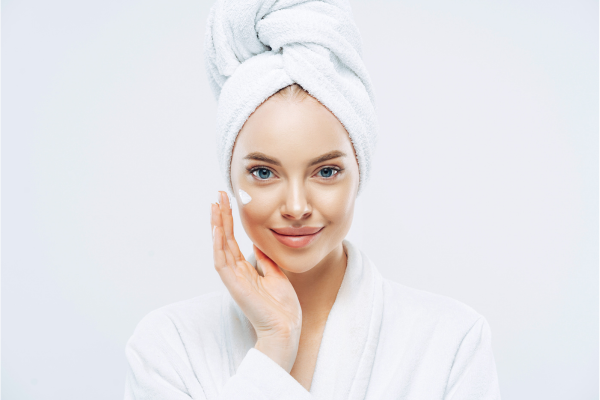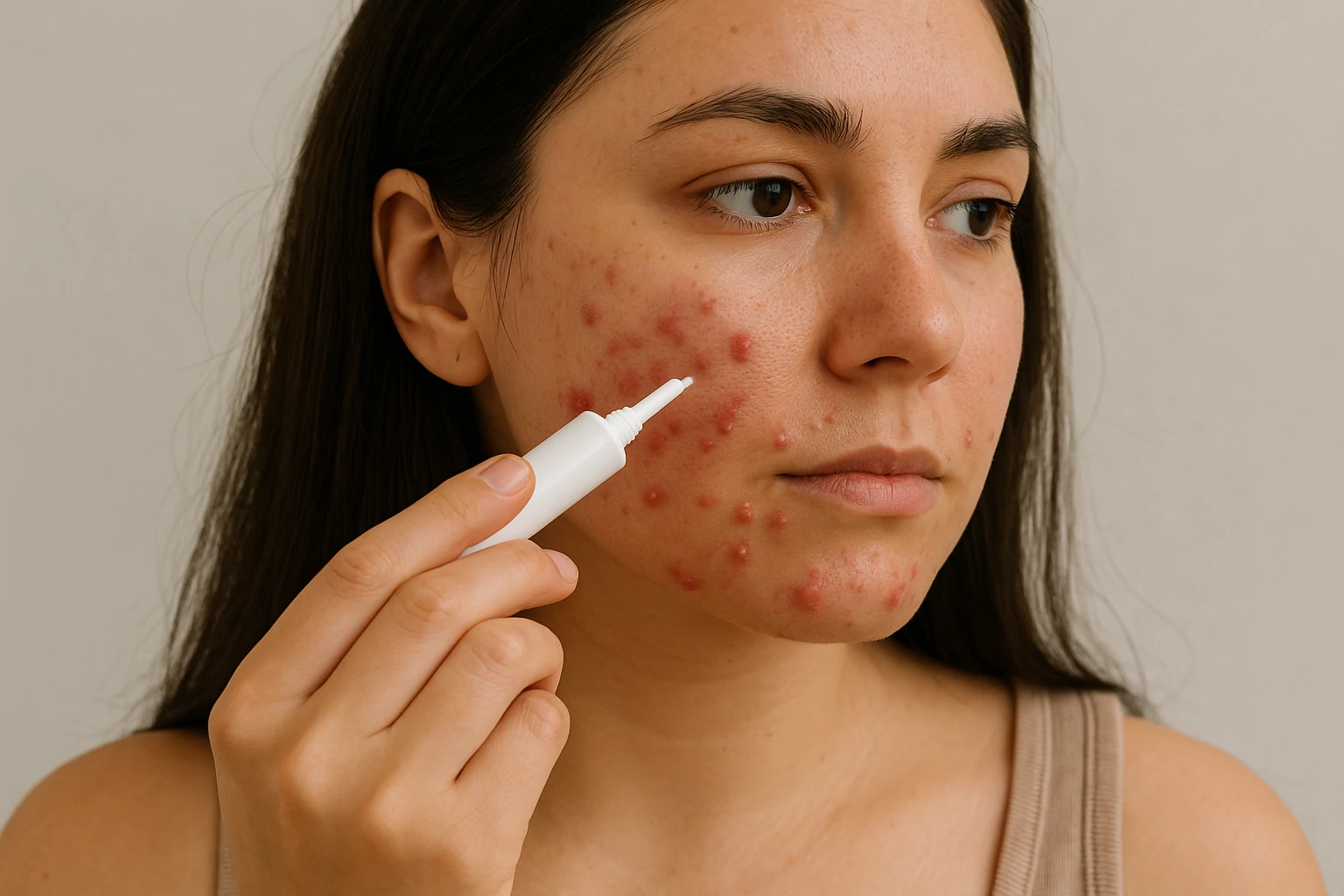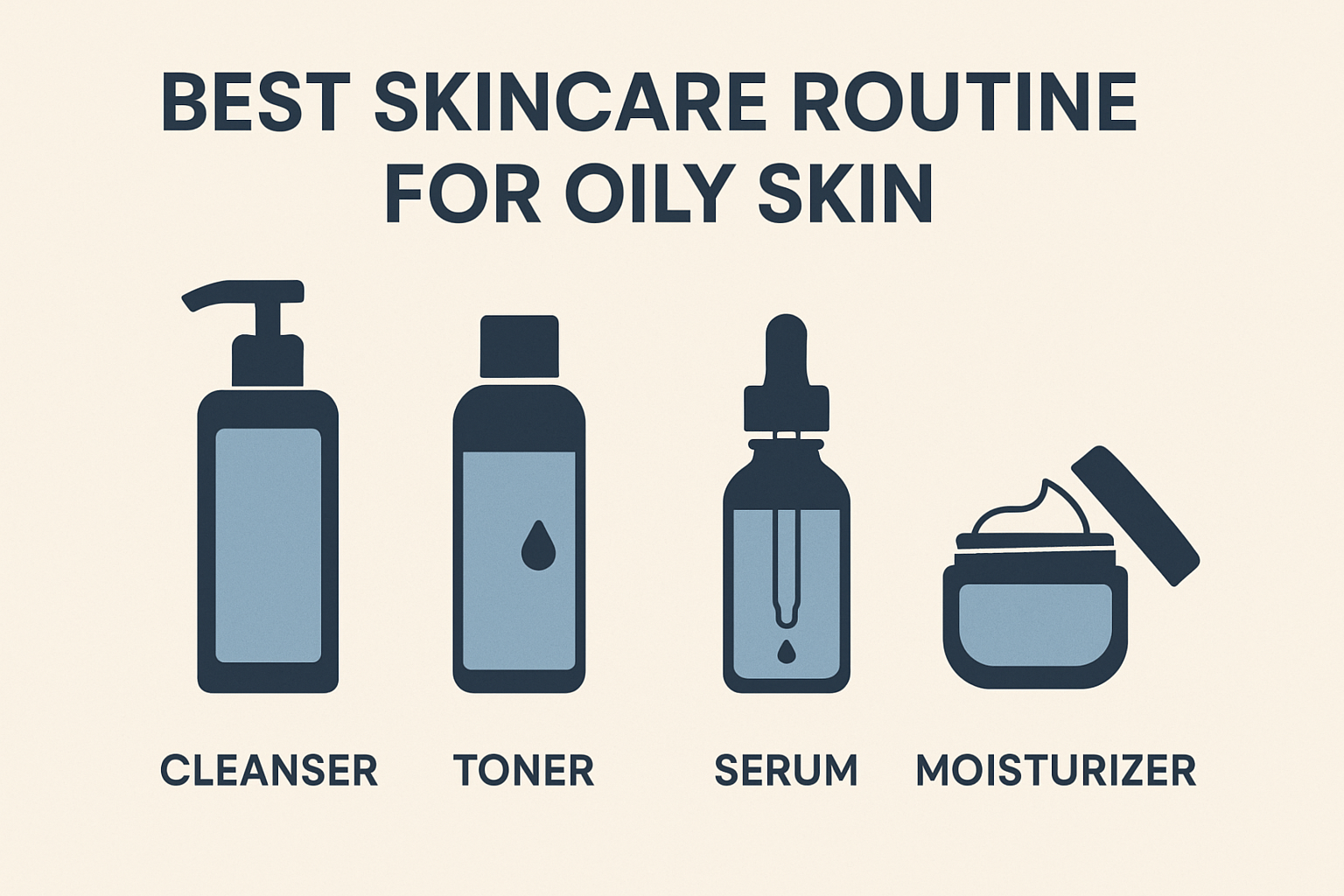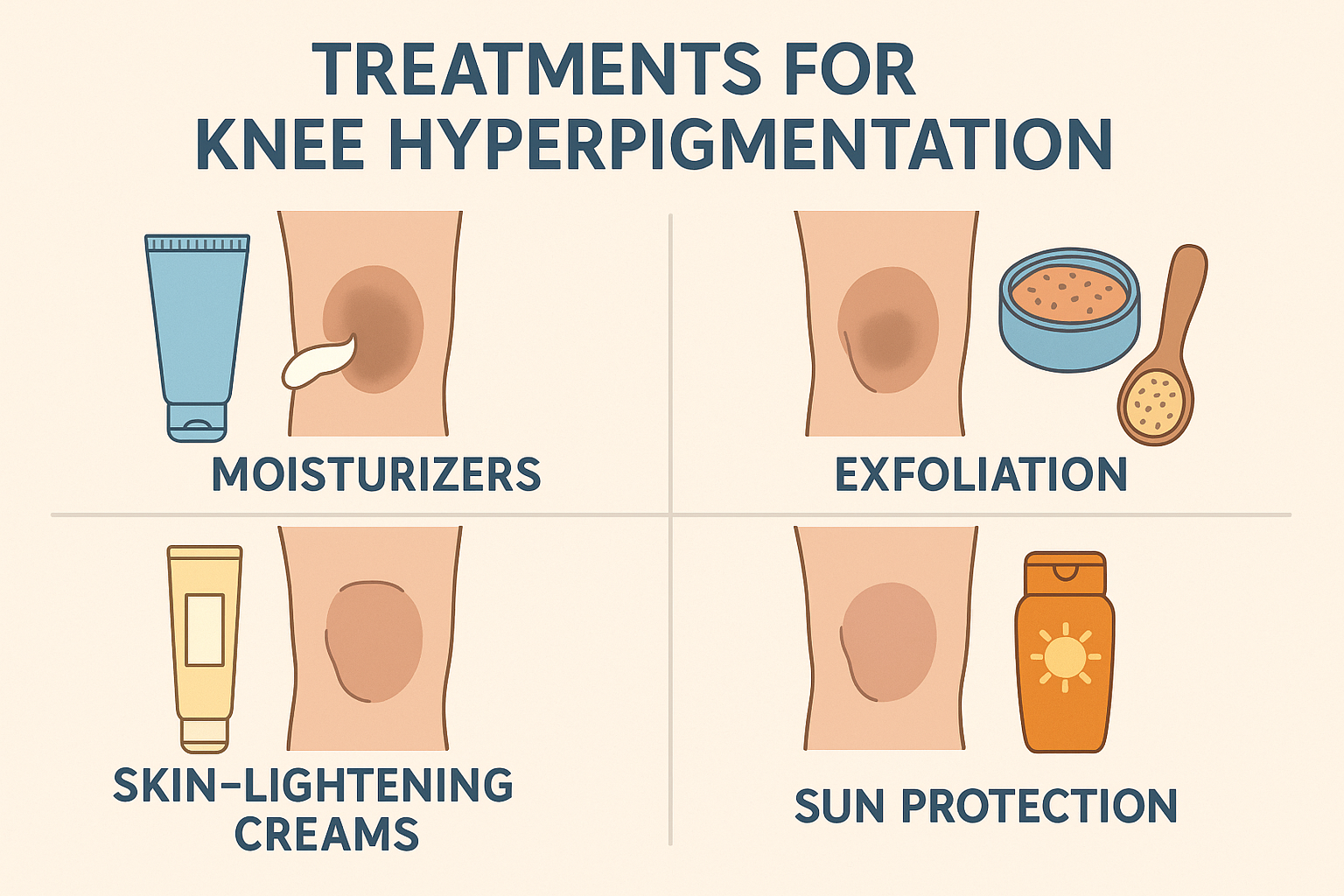Hydrogen Peroxide for Acne: Is It Safe and Effective?

Breakouts can trigger panic—and many turn to unconventional hacks, including hydrogen peroxide. This antiseptic is widely known for treating minor wounds and even appears in DIY beauty tips. But is it really safe and effective for acne?
Hydrogen peroxide kills acne-causing bacteria due to its antimicrobial properties. However, dermatologists warn that repeated use may lead to skin irritation, dryness, and damage to your skin barrier over time.
While it may seem like a quick fix, experts agree it’s not recommended as a primary acne treatment. Safer, dermatologist-backed ingredients like benzoyl peroxide, salicylic acid, and niacinamide are widely available and more suitable for long-term use.
Dr. Shereene Idriss, a board-certified dermatologist, advises against experimenting with harsh ingredients without guidance. Your skin needs consistent, gentle care—not risky shortcuts.
What Exactly Is Hydrogen Peroxide?
Hydrogen peroxide (H₂O₂) is a synthetic chemical compound often stored in dark bottles to maintain its stability. It’s best known as an antiseptic for minor cuts, thanks to its ability to kill bacteria on contact.[1Guanya Zhu, Qi Wang, Shuliang Lu, Yiwen Niu. Hydrogen Peroxide: A Potential Wound Therapeutic Target? National Institutes of Health (NIH). 2017 Apr 5;26(4):301–308. doi: 10.1159/000475501.]
According to cosmetic chemists, it works by releasing oxygen free radicals that break down bacterial cell walls. This oxidation also supports fibroblast activity—essential for skin regeneration.
That said, hydrogen peroxide breaks down quickly when exposed to light or air. Dermatologists recommend checking for bubbling when poured into a clean dish. No fizz? It’s likely lost its potency and should be replaced—especially after six months of opening.
Proper storage is key. Always seal the bottle tightly and store it away from sunlight to preserve its antibacterial strength.
Is Hydrogen Peroxide Really Effective for Acne?
Hydrogen peroxide has been studied as a potential acne treatment. A stabilised 1% cream version (like Crystacide) showed comparable results to 4% benzoyl peroxide, but with fewer side effects.[2Milani M, Bigardi A, Zavattarelli M. Efficacy and safety of stabilised hydrogen peroxide cream (crystacide) in mild-to-moderate acne vulgaris: a randomised, controlled trial versus benzoyl peroxide gel. Curr Med Res Opin. 2003;19(2):135-138. doi:10.1185/030079902125001523.] Still, this differs from the common 3% OTC liquid form found at pharmacies.
Experts say it may help reduce small inflamed pimples when used as an occasional spot treatment—but it’s not suitable for daily use.
Why?
- It’s ineffective for severe acne like cysts or blackheads.
- Frequent use increases the risk of irritation.
- It doesn’t target underlying causes like hormonal imbalances.
In dermatology, ingredients like salicylic acid, benzoyl peroxide, and adapalene remain the go-to treatments due to their proven safety and long-term effectiveness.
In short, hydrogen peroxide might help in a pinch, but it’s not a reliable acne solution.
How to Use Hydrogen Peroxide on Acne (If You Must)
Using hydrogen peroxide for acne isn’t ideal, but if you must try it in a pinch, extreme caution is key. Only apply the 3% solution directly onto whiteheads using a clean cotton swab.
Apply a small amount and hold it on the blemish for no more than five seconds—just until you see mild bubbling. This reaction signals the oxidative process. Do not apply it over large areas, and avoid healthy skin to reduce the risk of burns or irritation.
According to Dr. Joshua Zeichner, use it no more than twice a day for one to two days only. If there’s no improvement, stop immediately.
This method should never replace regular acne care. Persistent breakouts need proper treatment plans—not emergency DIY solutions.
Hydrogen Peroxide vs. Benzoyl Peroxide: Which Is Better for Acne?
Both ingredients share the “peroxide” label and offer antibacterial properties—but don’t be fooled. Benzoyl peroxide is a gold-standard acne treatment, while hydrogen peroxide falls short in comparison.
Cosmetic chemist Ron Robinson explains that benzoyl peroxide is lipid-soluble, so it works on the skin’s surface without deeply penetrating or destabilising tissue. It reduces inflammation and targets acne-causing bacteria effectively.
In contrast, hydrogen peroxide is water-soluble, less stable, and more likely to irritate skin—especially when misused or overapplied.
For self-care routines, dermatologists consistently recommend benzoyl peroxide. It’s backed by decades of clinical data, comes in multiple formats, and offers a safer, more targeted approach to acne.
Risks and Side Effects
While hydrogen peroxide may seem like a cheap, fast acne fix, it carries significant risks—especially when used without medical supervision.
According to dermatologists, hydrogen peroxide is a non-selective antibacterial. It doesn’t just kill acne-causing bacteria; it can also harm healthy skin cells. Even at a low 3% concentration, it may cause dryness, irritation, stinging, and even skin bleaching or discolouration.[3Byrdie: Does Hydrogen Peroxide Work to Treat Acne? We Asked Skin Experts.]
For people with darker skin tones, the risk is higher. If it damages melanocytes—the cells responsible for skin pigmentation—it can lead to permanent hypopigmentation.
It’s also less relevant for adult acne, which is often driven by hormones and inflammation rather than bacteria. Hydrogen peroxide may offer minor benefits for teen acne but is generally ineffective for complex, adult breakouts.
One of the biggest concerns among experts is the lack of long-term clinical research. Most current advice is based on anecdotal evidence—not solid, peer-reviewed studies.
Bottom line: hydrogen peroxide may do more harm than good, especially for sensitive or melanin-rich skin
Safer Alternatives to Hydrogen Peroxide for Treating Acne
Looking for proven, dermatologist-recommended acne treatments? There are several safer and more effective alternatives to hydrogen peroxide—most of which are widely available and backed by strong clinical data.
Here are top alternatives:
- Benzoyl Peroxide
A powerful antibacterial that targets Cutibacterium acnes. It also reduces inflammation—ideal for inflamed pimples and pustules. - Salicylic Acid
An oil-soluble beta hydroxy acid (BHA) that exfoliates inside pores, helping unclog blackheads and reduce breakouts. - Adapalene
A gentle retinoid that promotes faster cell turnover and prevents new acne from forming. Great for ongoing acne management. - Niacinamide
A calming antioxidant that reduces redness, regulates oil production, and strengthens the skin barrier. Suitable for sensitive skin.
Compared to hydrogen peroxide, these ingredients offer lower irritation risks and are safe for regular use. If unsure which one suits you best, consult a skincare professional to personalise your routine.
Final Thought
Hydrogen peroxide may seem like a quick fix for sudden breakouts, but it comes with real risks—especially for sensitive or melanin-rich skin. While it does offer antibacterial benefits, the potential for irritation, dryness, and long-term damage makes it far from ideal as a regular acne treatment.
Safer, clinically-proven ingredients like benzoyl peroxide, salicylic acid, adapalene, and niacinamide are far more effective and gentle for consistent skincare. If you’re serious about treating acne—not just masking it—these options are worth exploring.
Bottom line? Save hydrogen peroxide for emergencies only, and even then, use it with caution. Your skin deserves better than risky shortcuts. For personalised, long-term results, don’t hesitate to consult a dermatologist.






 Acne
Acne Anti-Aging
Anti-Aging Business
Business Digital Marketing
Digital Marketing Economics
Economics Exfoliation
Exfoliation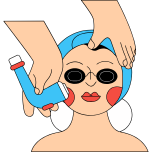 Hair Removal
Hair Removal Movies
Movies Personal Finance
Personal Finance Websites
Websites
